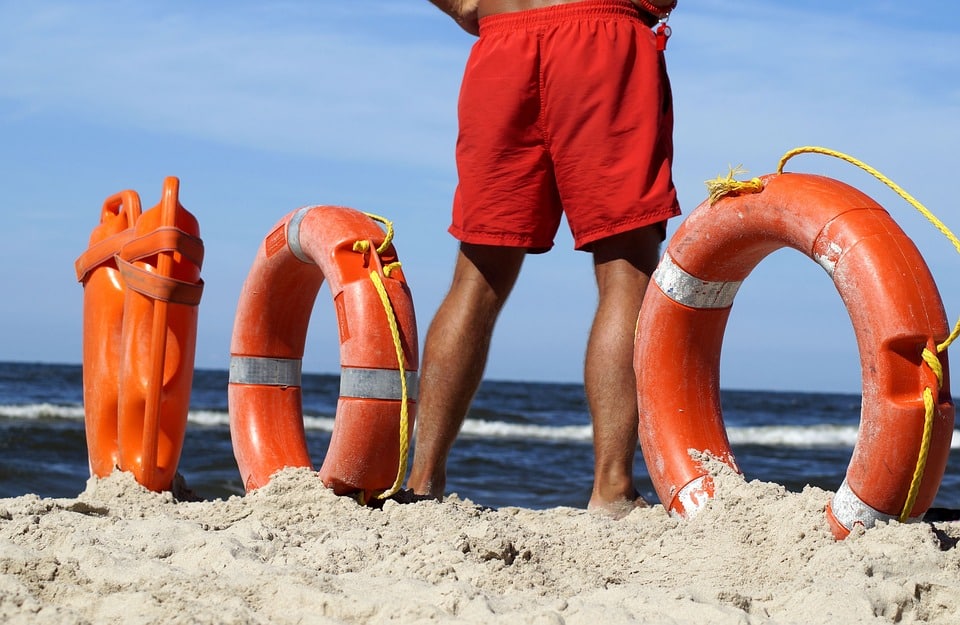We know plenty about authority and law enforcement on land, but we don’t know as much about what happens at sea. We recognize the police officers and, at times the traffic officers, but never lifeguards, the people that protect coastlines all around the world.
The Significant Role of Lifeguards
These beach officers play an integral role in ensuring that swimmers have a safe environment to visit. Lifeguards are particularly stationed on beaches to watch out from afar when people swim in the shallow waters of beaches, but they are also responsible for many other things.
Their roles vary depending on the activity that occurs on the beach they are stationed at, along with the area. Since there are many crimes at sea, especially around certain countries and islands like Africa, South America, and Asia, lifeguards are required to keep an eye on people that make port, fish, and any potentially illegal activity that may take place. Some of these illegal activities even include severe crimes like human trafficking, drug smuggling, animal trafficking, and illegal fishing.
Lifeguards are excellent swimmers and must be trained to a certain extent in emergency rescue procedures, such as CPR and emergency medical services. These skills are required for lifeguards to act fast to save swimmers in times of need, should they grow tired, struggle to swim, or get injured. If a swimmer is unconscious, the lifeguard must act fast as the first emergency response until paramedics arrived. They also warn beachgoers against sharks, jellyfish, and dangers in the waters, and keep an eye on the beach for any potential thieves that try to steal from others that are swimming. Additionally, lifeguards have the authority to evacuate beaches in the presence of danger and contact law enforcement should illegal activity take place offshore or ashore.






